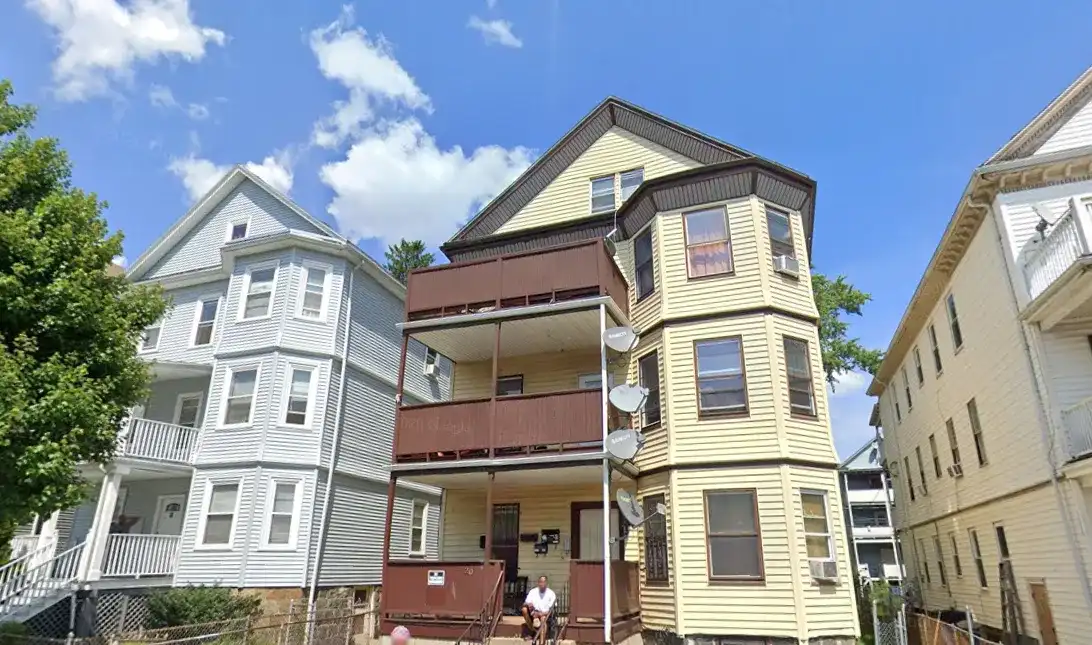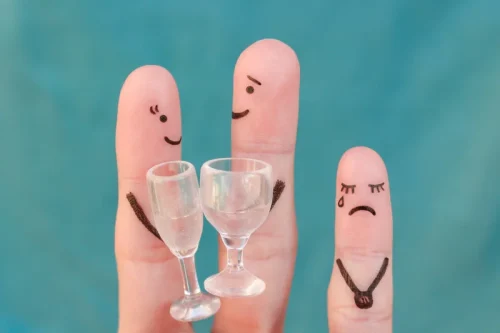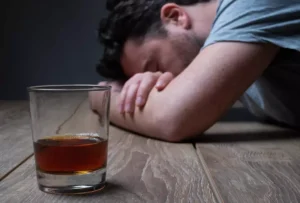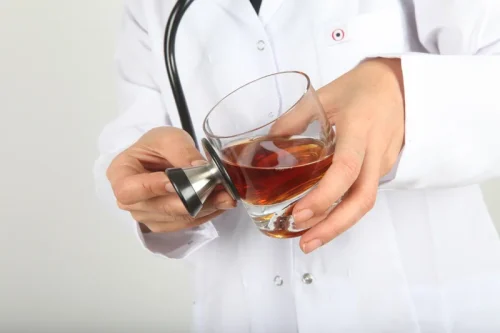
It’s important to be honest about your alcohol use — and any other substance use — so your provider can give you the best care. The doctor may ask for evidence that there has been a decrease in alcohol use after regular heavy use. Anyone that thinks they are dependent on alcohol should consider speaking to a doctor.
Alcohol Addiction Treatment in Mississippi
When this happens, your central nervous system can no longer adapt easily to the lack of alcohol. If you suddenly stop drinking or significantly reduce the amount of alcohol you drink, it can cause AWS. If you drink only once in a while, it’s unlikely that you’ll have withdrawal symptoms when you stop.
Preventing alcohol withdrawal syndrome

It’s best to avoid these people during and following withdrawal. Talk to your doctor or a drug treatment specialist about what to expect as you experience alcohol withdrawal. Ask your doctor whether any medications may help in the process. Identify a family member or friend who you can call on to provide emotional support. It’s hard to pinpoint an exact number for each person because everyone’s different. Some have genetic conditions that mean it’s very easy for them to experience intoxication from alcohol.

How alcohol withdrawal delirium is diagnosed
- Your body may get overloaded because it has no alcohol to counteract your now perpetually excited nervous system.
- Foods rich in vitamins and minerals, like fruits, vegetables, lean proteins and whole grains, can support the body’s recovery.
- Delirium tremens is dangerous, killing as many as 1 out of every 20 people who develop its symptoms.
Many people are afraid that if they quit drinking, withdrawal symptoms could be difficult to manage, or even dangerous. Knowing what helps with alcohol withdrawal can make the experience less uncomfortable and risky. Alcohol withdrawal causes a range of symptoms when https://ecosoberhouse.com/ a person with alcohol use disorder stops or significantly decreases their alcohol intake. The symptoms can range from mild to severe, with the most severe being life-threatening. Mild withdrawal symptoms can be managed with hydration, rest and a quiet environment.
- Learn 18 ways to keep your mind occupied while facing alcohol withdrawal.
- While some of the symptoms of alcohol withdrawal syndrome are similar to a hangover, they are not the same condition.
- Exercise releases endorphins into your brain, creating natural happy feelings within a person.
- An estimated 50 percent of people who have an alcohol addiction will experience withdrawal symptoms if they abruptly stop drinking.
Complications
Treatment varies depending on the severity of withdrawal symptoms. People experiencing mild to moderate alcohol withdrawal symptoms often receive outpatient care—meaning there is no extended time spent in a hospital or facility. It’s recommended, however, that they have someone stay with them who can help during recovery. Diagnosing alcohol withdrawal is done by a medical professional, who will take a history and perform a thorough physical exam. Depending on the symptoms and their severity, the healthcare provider can clinically diagnose the alcohol withdrawal as mild, moderate, or severe using the CIWA-Ar tool.
Detox programs involve short-term (usually less than seven days) inpatient treatment during which specially trained professionals monitor your withdrawal closely and administer medications as needed. Alcohol withdrawal can produce both physical and psychological symptoms. The severity of the symptoms you will experience often depends on the amount and duration of your alcohol consumption. Most people with mild to moderate alcohol withdrawal don’t need treatment in a hospital.
If you think you are experiencing severe alcohol withdrawal or DT, call your doctor or seek emergency services as soon as possible. Typically, most people who finish alcohol withdrawal make a full recovery. Still, certain symptoms may last for months while the brain and central nervous system recalibrate and recover from alcohol addiction, including insomnia, mood swings, and fatigue. Based on the score, which illustrates the severity of withdrawal, healthcare providers can determine what treatment is appropriate. If you have severe symptoms, you may require inpatient or even intensive care level monitoring. In these cases, you’re likely to receive one of the various medications, such as benzodiazepines, the most successful in these cases.
– Eat a balanced diet that includes healthy fruits and vegetables.
This figure increases to 91% for those who have remained abstinent and have attended AA for 5 years or more. It is important to follow your healthcare provider’s recommendations regarding any prescription medications. The initial detox stage of alcohol withdrawal usually takes about one week. However, you may find that your symptoms continue for longer, even up to a few weeks to months. Get emergency medical help if you think you’re experiencing symptoms of AWD. You have a better chance of making a full recovery if you receive prompt medical attention.


Most symptoms will typically peak five days after they begin and will begin to decrease about five to seven days after they begin. The most severe symptoms tend to disappear within days, whereas less intense ones may last longer. This may include medications, therapy, Cure for Alcohol Withdrawal Symptoms or both and can be offered in a variety of settings, both inpatient, outpatient, or a hybrid model. This is why some people may be hesitant or afraid to quit drinking. Still, try to keep in mind that these symptoms — though uncomfortable — are temporary.
Most alcohol abusers who are having withdrawal symptoms have a shortage of several vitamins and minerals and can benefit from nutritional supplements. In particular, alcohol abuse can create a shortage of folate, thiamine, magnesium, zinc and phosphate. If the alcohol is withdrawn suddenly, the brain is like an accelerated vehicle that has lost its brakes. Not surprisingly, most symptoms of withdrawal are symptoms that occur when the brain is overstimulated. Your healthcare provider will determine the right treatment plan for you. After approximately 24–72 hours, you can anticipate your withdrawal symptoms to peak.
